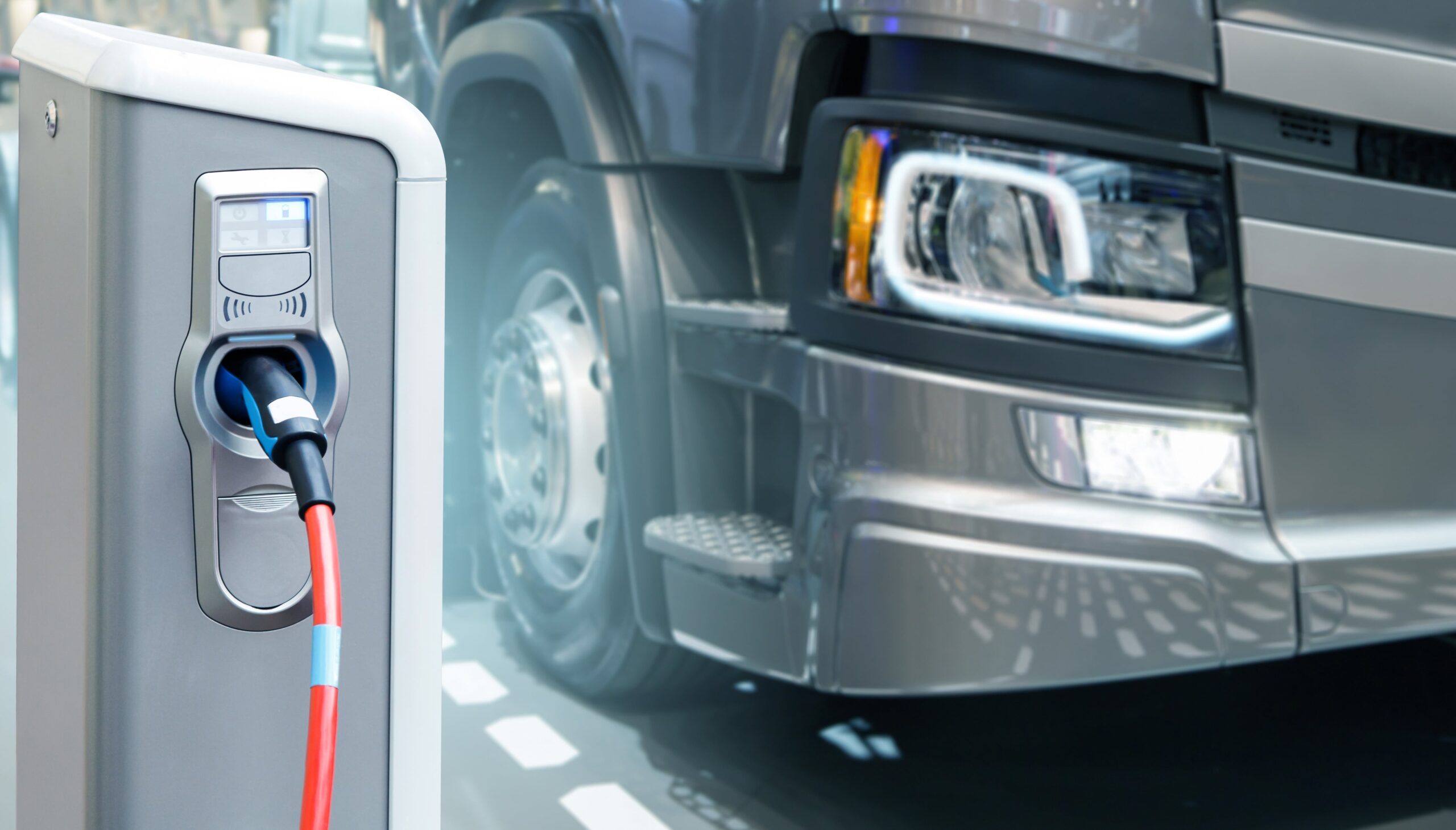Will gasoline-powered cars still exist in the near future? The world is shifting towards green technology as the ultimate solution to address environmental threats. When talking about sustainable alternatives, we cannot ignore the automotive industry’s impact on the environment.
However, the industry demonstrated quick responsiveness, investing in the development of electric cars to reach Net Zero Emissions goals by 2050.
These rapid changes pose a controversial question: What will happen to gasoline cars if electric ones take over? This article explores the future of gasoline cars after addressing the rise of EVs, their current status, and future possibilities. It also highlights the impact of adopting electric vehicles on the car shipping industry.
The Rise of Electric Vehicles
The popularity of electric vehicles and the forthcoming transformation in transportation modes is everywhere, though they haven’t reached their full potential yet. People, especially environmentalists, cannot brag enough about EVs’ remarkable powers and promising prospects.
The consistent growth rate of electric car sales over the past decade is also a remarkable trend. EV sales registered a growth rate of 15% in Europe and 55% in the United States in 2022. These figures are expected to triple with improved battery range and wider model availability in the coming years.
Three major factors account for the strong acceleration in EV adoption and growing customer demand, starting with rising environmental awareness to the constant advancements in this field and beyond.
Future Opportunities for Electric Vehicles
Automakers and governments are investing billions to speed up vehicle electrification. They also share a common vision for ending the production of fuel-powered cars. As a result, the competition among companies is heating up to launch dozens of new EV models that will be more efficient and affordable than gasoline cars within the coming decade.
While this is great news for EV enthusiasts and environmentalists alike, conventional gasoline car fans are seriously concerned about whether they will be forced to ride the tide or keep their gasoline-powered cars in the future.
Potential Future Outcomes for Gas Cars
There are several potential outcomes for cars that run on gas due to the transition if electric vehicles take over. The upshot of this transition could be one or all of these scenarios:
- Decline in Production: Manufacturers may reduce or phase out production if demand for new gas-powered vehicles decreases. While some automakers have declared such intent, this step primarily depends on customer preferences and market trends.
- Shift in Secondhand Market: The existing gas-powered cars may become less popular in the secondhand market, leading to decreased resale values and potentially making them less desirable for some buyers.
- Conversion or Retrofitting: Some gas-powered cars may be converted to electric power or retrofitted with electric components, offering a good solution for those looking to keep their cars. It could also be a niche market for classic or beloved models.
- Phasing Out of Gas Stations: The decreased demand for gasoline would influence some gas stations’ profits. It can lead many to close or transition their business into offering alternative fuels or electric charging stations. However, it is worth noting that gas stations primarily generate revenue from convenience amenities rather than selling gas. So, many of these stations could adapt to the new changes.
The Car Shipping Industry in an Electric Future
The car shipping industry will face a dramatic transformation if electric vehicles become the future of transportation. While some familiar shipping aspects may remain the same, car shippers will have to adapt their strategies to the unique needs of electric-powered counterparts.
Specialized Handling and Infrastructure
Car shipping companies must first invest in the new technology, infrastructure, and tools needed to handle EVs properly.
- Temperature-Controlled Transport: Extreme temperatures can affect battery performance, requiring car carriers to provide climate-controlled compartments that maintain optimal battery conditions during transport.
- Charging during Shipping: Advanced shipping carriers incorporate on-board charging systems powered by renewable energy sources. They help extend EVs’ range during long-distance hauls. Besides, car shippers can avoid reliance on roadside infrastructure to improve delivery times.
- Battery Health Monitoring: Real-time monitoring of battery health and charge levels will become crucial. Advanced tracking systems could alert drivers to potential issues and direct them to charging stations if needed.
New Business Models and Partnerships
The electrification of vehicles can also demand adopting new business models, besides creating exciting partnership opportunities for car shippers with service providers in the EV field.
- Charge Point Integration: Car shipping companies could partner with charging providers to offer bundled services, including delivery and initial charging at dealerships or customer locations.
- Logistics Optimization: As the core objective of EV adoption is enhancing efficiency, car shippers need to be innovative in optimizing logistics for shipping them. Data-driven logistics can help optimize routes and track vehicles much easier, ensuring efficient deliveries.
- Focus on Sustainability: The entire car shipping ecosystem, from carriers to infrastructure providers, will prioritize renewable energy sources and emissions reduction strategies to align with the broader shift towards sustainable transportation.
Tempus Logix is an experienced nationwide car shipping company in the United States. The company ships all types of vehicles and is interested in following up on the latest industry trends.
Conclusion
The world is now quite close to an unprecedented revolution in electric vehicles, which will significantly change the automotive industry and pose both new challenges and opportunities for the auto shipping industry.






